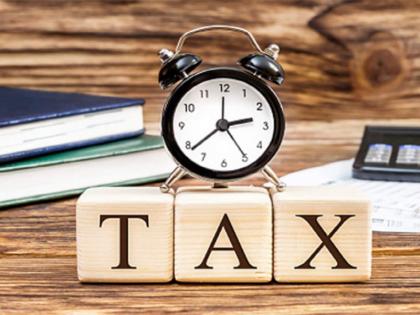World Inequality Lab Proposes Wealth and Inheritance Taxes for India's Ultra-Rich
By Lokmat English Desk | Published: May 25, 2024 09:53 AM2024-05-25T09:53:28+5:302024-05-25T09:54:26+5:30
A recent proposal by the World Inequality Lab suggests that India should implement an annual wealth tax and inheritance ...

World Inequality Lab Proposes Wealth and Inheritance Taxes for India's Ultra-Rich
A recent proposal by the World Inequality Lab suggests that India should implement an annual wealth tax and inheritance tax targeting individuals with a net wealth surpassing Rs 10 crore. This group, which constitutes the top 0.04% of the adult population, currently holds more than a quarter of the nation's total wealth. The paper argues that such measures would address the significant concentration of wealth among the ultra-rich, creating room for essential investments in the social sector.
Advocating for a substantial increase in tax revenue, the proposal aims to impact only a minute fraction of the population, leaving 99.9% of adults untouched by the taxation. Authored by Thomas Piketty, Nitin Kumar Bharti, Lucas Chancel, and Anmol Somanchi, the paper outlines a plan including a 2% annual tax on net wealth exceeding Rs 10 crore, alongside a 33% inheritance tax on estates surpassing the same threshold. According to the paper, this strategy could generate a significant 2.7% of the gross domestic product (GDP) in revenues under a baseline scenario.
The paper states that implementing the proposed tax package must be coupled with explicit redistributive policies to aid the economically disadvantaged, including the poor, lower castes, and middle classes. For instance, under the baseline scenario, the increased tax revenues could enable nearly doubling the current public spending on education. This is crucial as education funding has remained stagnant at 2.9% of GDP for the past 15 years, falling well short—less than half—of the 6% target outlined by the government's National Education Policy 2020 (NE).